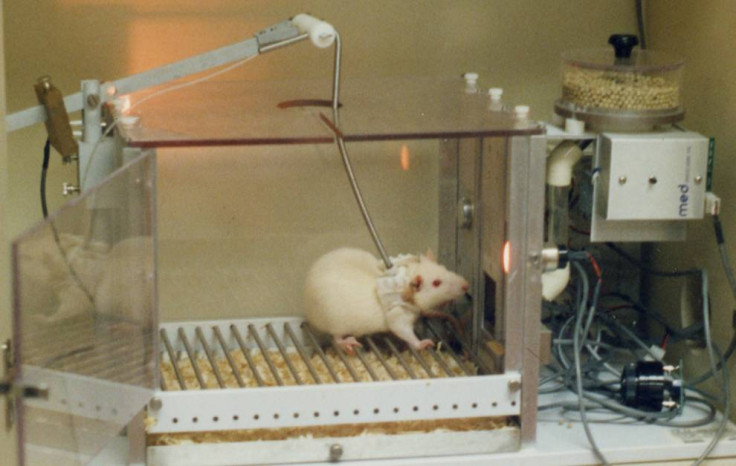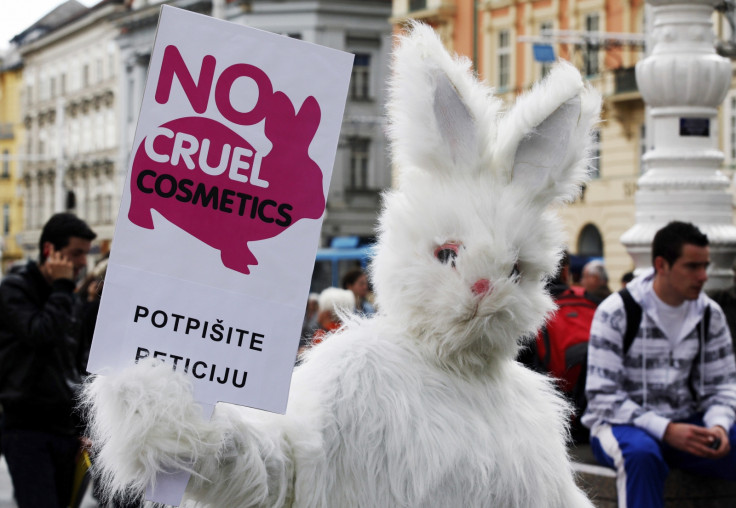Animal rights campaigners slam universities which give cocaine and ecstasy to mice and guinea pigs

Animal rights activists have condemned scientists for giving doses of drugs including cocaine, ecstasy, alcohol and nicotine to animals including mice, rats and guinea pigs which are then put down.
According to the Animal Justice Project (AJP), scientists at various UK universities including the University of Cambridge, University of Surrey and University of Sussex have used at least 4,000 animals in drug-based tests since 2010.
In a new report, "Deadly Doses: A Legal Low," the project claims that the experiments "reveal very little, if anything, about the harmful effects of recreational drugs in humans. Something we even found researchers admitting themselves in the studies. The differences between, for example, a mouse and a human are simply too great, and include extremely obvious differences in anatomy, physiology and behaviour."
In one experiment, the Sunday Times reports, researchers placed tubes into the brains of live rats and then infused the brains with large amounts of cocaine. In another, rats were injected with amphetamine and morphine while electric shocks were applied to their feet.

At Surrey University, the project said, "39 mice were dosed with cocaine and nicotine for 14 days in an attempt to replicate human 'binge' consumption so that researchers could determine whether there is a correlation between nicotine addiction and cocaine dependency. Some of the mice received an abdominal injection of cocaine and nicotine once every hour consecutively for three hours for a period of 14 days… to make the animals 'cocaine addicts'."
Without the use of animals, we would not have many of the modern medicines, antibiotics, vaccines and surgical techniques that we take for granted
However Surrey University defended their experiments on animals, saying: "We use animals in research programmes only when their use is justified on scientific, ethical and legal grounds, and when no alternatives are available. All such work is strictly regulated and carried out under licenses."
The AJP noted that Cambridge University alone conducted experiments on nearly 170,000 animals in 2013, including many for drug research. However, a spokesman for Cambridge said: "Without the use of animals, we would not have many of the modern medicines, antibiotics, vaccines and surgical techniques that we take for granted in both human and veterinary medicine."
© Copyright IBTimes 2025. All rights reserved.






















